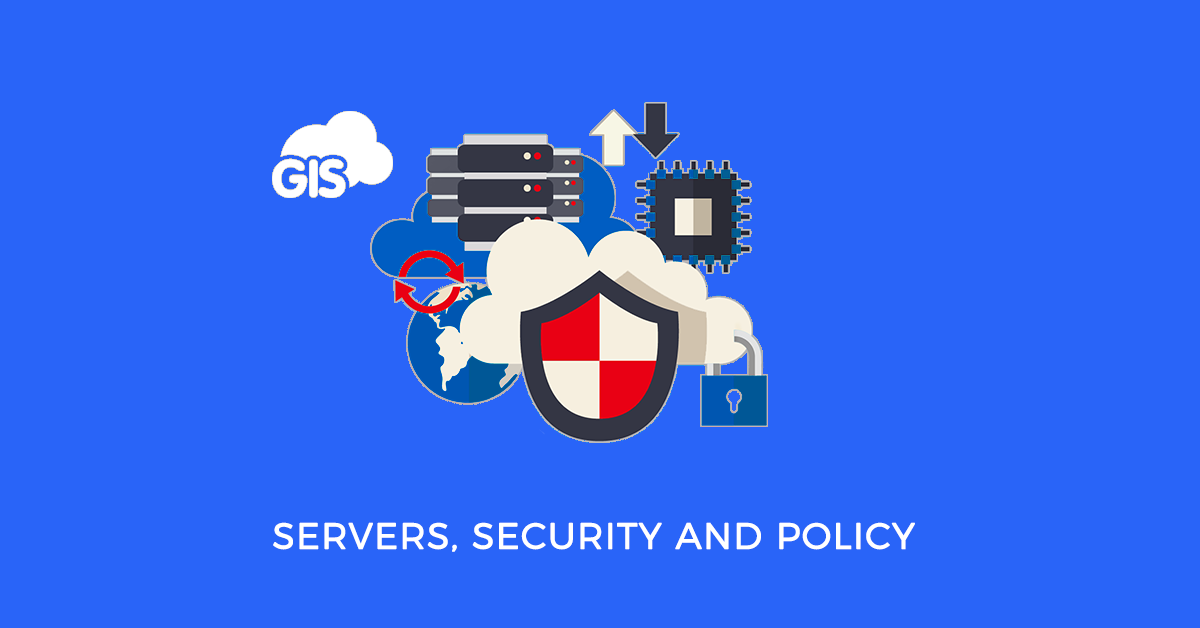
It is important to know the basic facts about cloud security. That is why we decided to let you know the answers to common questions on the safety of your data in the cloud and the difference between public and private cloud servers.
Is It Safe To Store Personal Or Business Data In The Cloud?
In short, let’s put it this way – Yes!
Cloud computing presents various information security challenges. However, modern-day industry standards have established clear guidelines and procedures that responsible cloud companies, such as GIS Cloud, regularly employ in order to enhance cloud system security. This includes adherence to strategies such as separation of concerns and domains, multi-layered perimeter defense, and established disaster recovery practices, among others.
In the case of some cloud customers, the end result may even end up enhancing the level of data safety, compared to old-style on-premises systems that conform to obsolete information security standards.
In GIS Cloud, all customer data is kept on computer systems that are protected from unauthorized access. We are using industry-standard access control systems, from physical machines in the AWS datacenters, to logical access by end-users, that are being carefully sequestered so that each user may only access their own data. All services are run in a way that their infrastructure is dedicated for their specific purposes, with carefully enumerated access vectors, all of which are under their relevant form of access control.
This minimizes the chance that unauthorized access or some other form of intrusion can affect any other user.
GUI and API Protection
Each GIS Cloud data storage mechanism is bound to a specific user account and/or API key. Elements of GIS Cloud Maps, such as layers, data sources (files and databases alike), each have their own access control lists which are modifiable only by their owners and which can be specifically shared with other users without compromising access to unrelated data. We plan to introduce two-factor authentication for administrator and/or high-privilege role accounts in the future.
Public and Private Cloud (On-Premises)
GIS Cloud offers a private cloud solution, the so-called “firewall install”, where our software is deployed on the user’s infrastructure, thereby allowing the user complete control over all of the data uploaded to their systems through GIS Cloud applications.
User’s infrastructure in such a case can be hosted both on-premises or even at some other third-party facility, such as dedicated parts of AWS, allowing for any amount of flexibility the user needs. The GIS Cloud firewall install by default does not maintain any contact with the Internet, allowing the user to be protected from any threats that may arise there.
At the same time, there are software facilities that allow this solution to connect and share data with other data sources, including public GIS Cloud data storage, allowing for a hybrid cloud solution that may best fit the user needs.
Backups and Disaster Recovery
GIS Cloud provides a comprehensive API (application programming interface) that allows users to perform complete backups of everything they’ve ever uploaded to the GIS Cloud platform. In addition, GIS Cloud itself keeps regular backups, that are available for restoration upon request.
GIS Cloud Servers Location, Access and Security Tasks
GIS Cloud manages multiple redundant Amazon server farms in the United States, Europe, and Australia, with plans to expand to other continents. GIS Cloud private cloud solutions have been deployed both in the United States and across Europe, as well as other continents.
GIS Cloud monitors its computer and network systems for availability and general security. We are making sure any security vulnerabilities that could impact user data are resolved and/or mitigated with priority. Customers are expected to guard the safety of their own user accounts and be mindful of whether they want to publish data on public portals or share it with private settings.
The GIS Cloud API allows users to retrieve all the uploaded data, which means they can port the same data to a different service or a different provider at any time. GIS Cloud also allows access via various protocols such as OGC (Open Geospatial Consortium) standards like WMS, allowing the same data to be used with external applications. In addition, GIS Cloud can also read data that resides in external PostGIS databases, and ORACLE database, meaning it’s not necessary to upload a copy of the same data to GIS Cloud, rather, it can be shared.
GIS Cloud regularly monitors service usage and makes sure there are enough resources for all users and typical usage peaks. GIS Cloud Support will notify users whose usage exceeds the parameters in such a way that may require changes in order to adjust to the circumstances. We recommend that all user accounts are protected with reasonably strong passwords and that the individual account owners are made to understand the nature and impact of various data sharing options made available by GIS Cloud.
For users who are particularly mindful of security and have their own network security infrastructure that they’d like to use to protect data within GIS Cloud apps, we recommend the GIS Cloud Firewall Install.
We encourage you to Contact GIS Cloud for any additional information and Sign Up to try out our fast and reliable online GIS solution!






